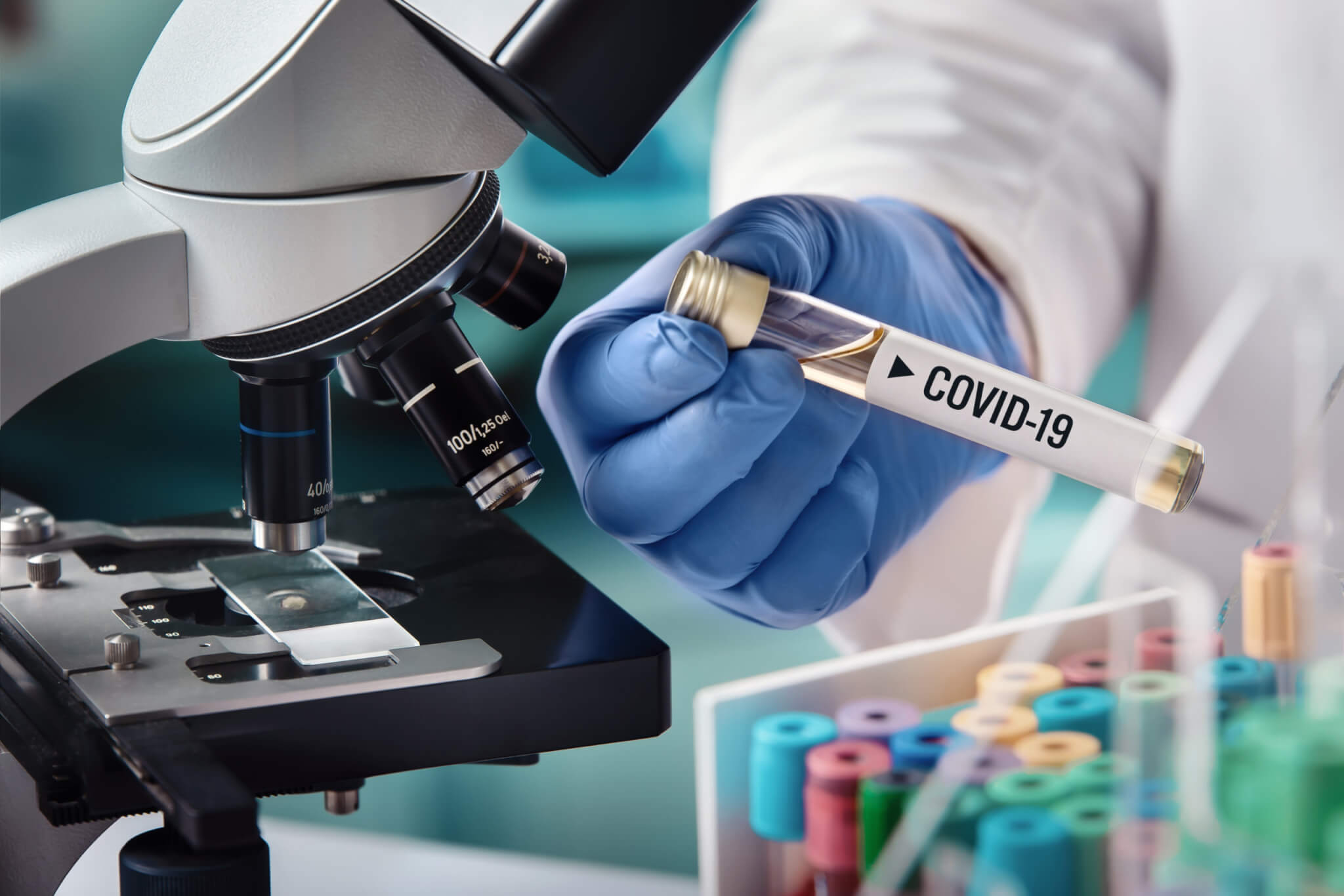
Residents shared concerns on a number of issues during Monday’s event.
PRINCE WILLIAM COUNTY- In Prince William County, the majority of Black and Latinx residents haven’t signed up to get the COVID-19 vaccine. It’s an issue that concerns local and state officials, but they understand why.
“I get it, the history in our country of the government experimenting with Black and brown people does not paint a pretty picture,” said Carl Armstrong. The associate pastor of Spirit of Truth Deliverance Church in Dumfries feels that lack of comfort could change, if people got the right information.
“What you need to know is there have been many Black and brown doctors and scientists and researchers who have been part of the testing and production,” Armstrong said.
It’s not just a Prince William problem. Across the state, vaccination rates among Asian, Black and Latino residents have been significantly lower than among white residents. Armstrong and other local residents hope events like Monday night’s town hall meeting in Prince William County will have an effect. Dr. Alison Ansher, Director of the Prince William Health District, took questions on Facebook Live along with several other guests, hoping to dispel some myths about the vaccines.
What If I’ve Got The Virus?
One of the biggest concerns involved if someone who already had COVID-19 should still be vaccinated. The answer is yes, but you need to wait a bit.
“If you’re currently infected we don’t want you going to the clinic,” Ansher said. “We wouldn’t want you to go until you’ve completed your quarantine time, showing no symptoms and feeling better.”
But if you’ve already had the virus, doesn’t that make you immune? Ansher and other doctors on the panel said no. There’s just not enough data to prove that yet.
The panel also received a question about distribution. Does it matter where you get the vaccine? As it tends to happen, rumors have been circulating that the vaccines distributed at grocery stores or commercial pharmacies are somehow less effective than those given at hospitals. Dr. Briana Walton, a local OBGYN, shut that down.
“It doesn’t matter if it’s at Giant, Safeway, CVS, the Health Department [or] the hospital – if you have access [to the vaccine] you need to take it,” she said.
To be clear, the three types of vaccines, Pfizer, Moderna and Johnson & Johnson, are distributed to pharmacies, grocery stores and hospitals alike, so where you get the vaccine doesn’t matter. The major difference between the three is that Johnson & Johnson’s version requires just one shot, while the others require two.
“Moderna and Pfizer are what we call mRNA vaccines,” Ansher said. “They’re a newer technology, but it’s not completely new. In fact it’s been studied for decades.”
The vaccines we’re used to put a weakened or inactive version of a virus into our body to fight the same germ. That’s not how mRNA works. mRNA teaches our body’s cells to make a protein that triggers the same immune response.
Debunking Other Common COVID Myths
And yes, there have been Facebook posts popping up and making claims, but that doesn’t mean they’re accurate. One post claims there are severe side effects. Only 15% of people develop short-term symptoms, according to the Centers for Disease Control and the Mayo Clinic’s research.
By this, we’re talking about a headache, chills, fatigue, muscle pain or fever. This typically lasts no more than two days. Ansher and other doctors highlight that the side effects are actually a good thing. They mean your immune system is responding to the vaccine.
Another internet post says anyone allergic to eggs shouldn’t take the vaccine. To be clear, there’s no eggs used in any of the different vaccines. This is something we normally encounter with the flu vaccine, as certain types have been created by partially using eggs. As we mentioned before, Pfizer and Moderna are built around mRNA, while the Johnson & Johnson version is a bit more old fashioned, using an inactive version of the virus.
And finally, what should we do before getting the vaccine? Some residents wanted to know if they should take a pain reliever first, to lessen side effects like muscle pain. Not exactly.
“Do not take tylenol [or other painkillers] before the shot, because we really don’t know how it will impact the immune response,” Ansher said. “You can take it afterwards, but we do not recommend you take it before.”
You can pre-register through the state site or by calling 1-877-829-4682. This includes options for vaccination sites, CVS and local hospitals.
Jakob Cordes is a freelance reporter for Dogwood. You can reach him at [email protected].
JOIN THE CONVERSATION: Sign Up For Dogwood’s Newsletter
Politics

Youngkin, Democrats to start over on budget talks
The Republican governor stood with Democratic leaders in the General Assembly on Wednesday in a bid to ease tensions over their budget debate....

VIDEO: Domestic abuse victims speak out against the gun law bills Gov. Glenn Youngkin vetoed
Senate Bill 47 and House Bill 46 aim to close the loophole that allows offenders to transfer their firearms to someone else instead of relinquishing...
Local News

Virginia verses: Celebrating 5 poetic icons for National Poetry Month
There’s no shortage of great writers when it comes to our commonwealth. From the haunting verses of Edgar Allan Poe, who found solace in Richmond's...

Join the fun: Recapping Family Literacy Night’s storybook adventures
When’s the last time you read a book aloud with a loved one? If it’s difficult to answer that question, then maybe it’s time to dust off that TBR...




